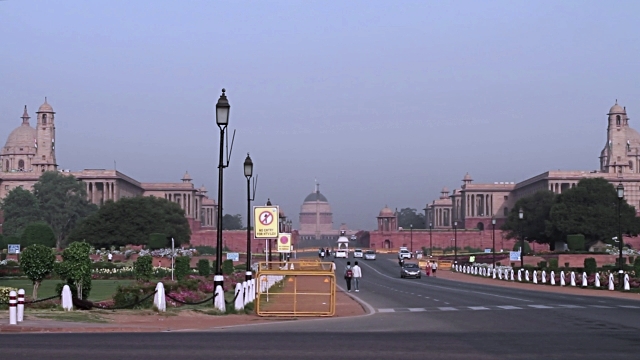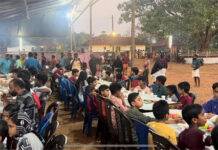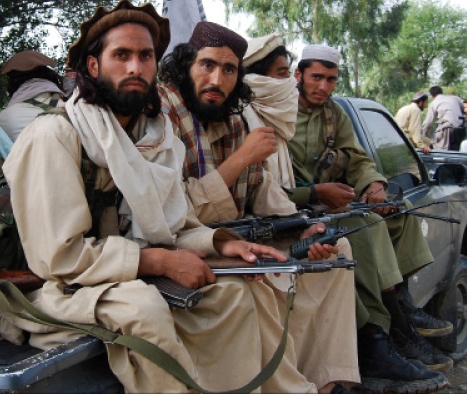VIEWPOINT
The citizens of a democratic nation are entitled to more than their right to cast votes; the nation state must ensure public accountability and people’s participation to sustain active democracies.
Rohit Srivastava is an Independent Journalist – based in Allahabad.

How important is the ordinary citizen for the nation? Does the voice of the ordinary citizen have any importance for the way that the nation functions? Ten role of common citizens within a large scale democracy like ours is perhaps only to votes for elections and then surrender to a feeling of helplessness and doom. The bridge collapse in Varanasi that killed many innocent people recently, the school van incident in Uttar Pradesh that claimed the lives of several students, the death of innocent children in Gorakhpur’s hospital because of sheer negligence, the corruptive and dishonest use of resources and money during elections to ensure a larger scale of votes, the public unaccountability and aloofness of the political elite are significant parts of the manner in which we relate to the political culture of the nation.
We often turn indifferent and aloof to the issues that we see around ourselves and begin to take for granted the fact that in a nation like India such anomalies are certain.
The government promises an aid after a major accident takes place, it promises compensation to farmers to console them after crops fail, displaced tribal and indigenous populations are given the consolation price of cash and kind that often does not reach the-are momentary reimbursements and grand promises the mere expectations that citizens are allowed to have from the nation state?
The post independence vision of building an inclusive, emancipatory, egalitarian and people centric democratic culture has often failed before our eyes paving way for the culture of elitism, the monopoly of the powerful and the denial of the rights of the masses. The democratic enterprise that the nation chose willingly must be manifested in the way that people lead their lives, in their negotiations with the world and with state.
The Indian democratic culture must revive itself to become transparent and honest and to ensure accountability and people’s emancipation. Citizens have to be vigilant enough to demand nation states to be working seriously and ensuring for them all regards guys and dignities that they as citizens deserve. Ground work, sustained culture of public participation and a vibrant democratic culture are required to revive the democratic spirit of India.
It cannot be denied that when we were under the Empire, we longed to become free and formulate a sovereign state. Despite all odds we chose to become a democratic country and give the common citizen a say in the way the nation-state would function.
Many scholars and political thinkers believed that India would not be able to deal with democratic practice for long and a regimented government would replace it. But despite the many ups and downs that came in the way, India did sustain a democratic ambiance however what this democratic culture embodies for many, is the electoral ritual of casting one’s vote.
Reducing democracy to only the right to adult franchise destroys its vibrant and alive nature. What we do require in our times is the revival of the political regime in a manner in which people become a more significant component of the proceedings and not mere spectators of a grand infrastructure. It is important that the ordinary citizen of the country is meaningfully absorbed, invited in the process.
***














